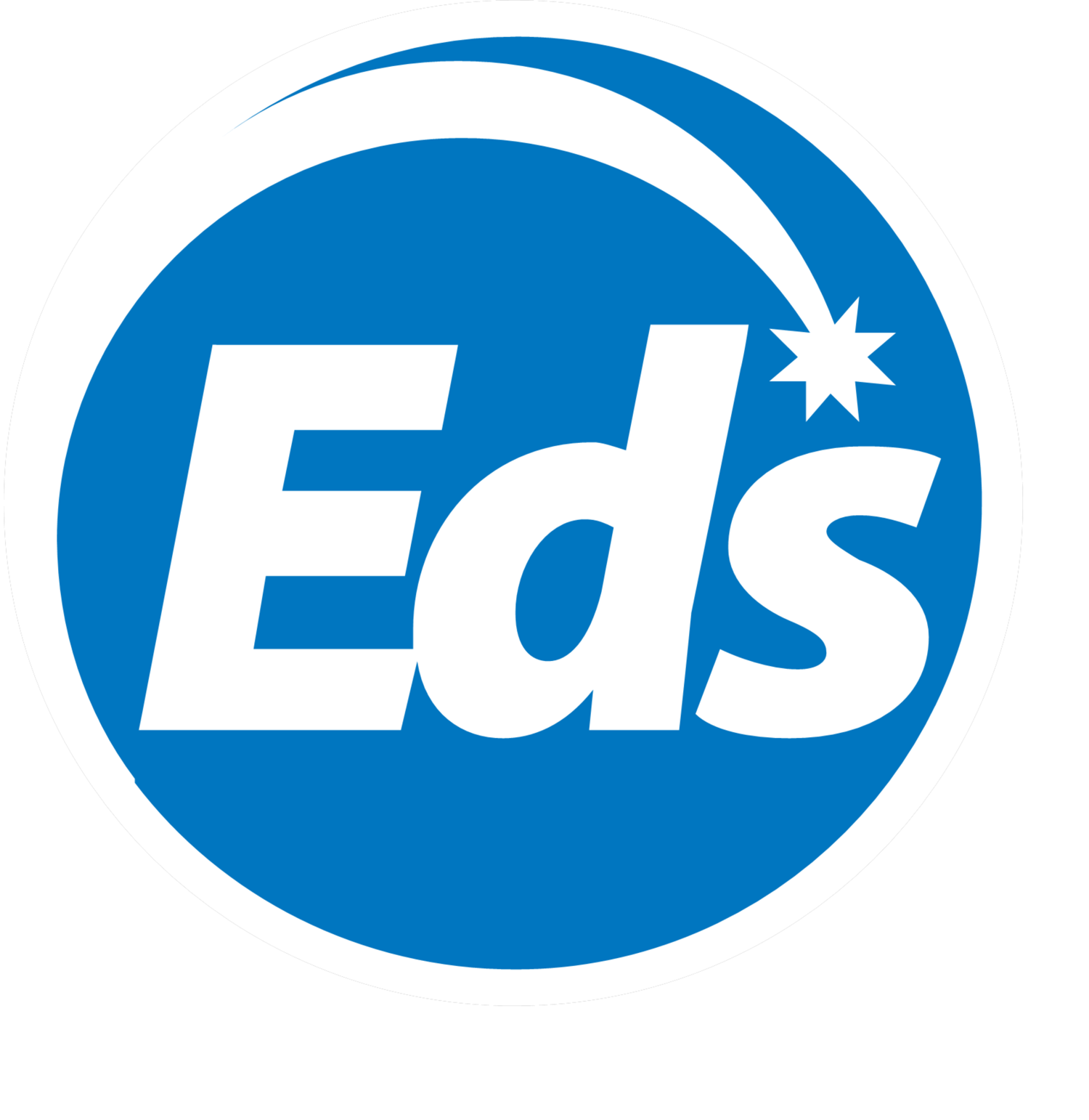Exploring ed’s appliances: a look at hvac and others
Heating, ventilation, and air conditioning (HVAC) appliances play a crucial role in maintaining comfortable indoor environments, especially in regions with extreme weather conditions. For decades, Ed Staub & Sons has been dedicated to supplying our customers with HVAC appliances that are innovative and serve their needs. Let’s delve into the world of these appliances, focusing on three prominent brands that we typically sell at most of our locations: Ruud, Rheem, and Daikin. We will also discuss two of our other appliance brands, Kohler and Rinnai. After that, we’ll answer a few frequently asked questions.
Our HVAC Brands:
Rheem:
Rheem is known for incorporating advanced technologies into its HVAC products, such as smart thermostats, variable-speed compressors, and integrated zoning systems. They mainly focus on residential and light commercial appliances, incorporating sustainability and energy-efficiency into their line of products.
Ruud:
A subsidiary of Rheem, Ruud has been a trusted name in the HVAC industry for over a century. Founded in the 1880s by Edwin Ruud, the company has a long history of innovation and excellence in heating and cooling solutions. Ruud's product lineup includes high-efficiency furnaces, air conditioners, heat pumps, and water heaters.
One of Ruud's standout features is its commitment to energy efficiency. Many of their HVAC appliances are ENERGY STAR® certified, helping homeowners reduce their energy consumption and utility bills. Additionally, Ruud's products are known for their durability and reliability, backed by comprehensive warranties and excellent customer support.
Daikin:
Daikin is a multinational company specializing in air conditioning, heating, and refrigeration solutions. Their products include ductless mini-split systems and commercial HVAC units. Many of their HVAC appliances have features such as inverter compressors and intelligent controls, allowing for precise temperature control and energy savings. Daikin also prioritizes the use of environmentally friendly refrigerants, contributing to lower greenhouse gas emissions.
Whether it's Ruud's energy-efficient furnaces, Rinnai's tankless water heaters, or Daikin's cutting-edge air conditioning systems, Ed’s has the right appliances for all your heating and cooling needs.
Other Appliance Brands We Carry:
Rinnai:
Rinnai is a global leader in gas appliances, including tankless water heaters, boilers, and heating systems. Founded in 1920, Rinnai has built a reputation for cutting-edge technology and superior performance with a focus on sustainability. One of Rinnai's most notable innovations is its line of tankless water heaters, which provide endless hot water on demand while saving space and energy.
Kohler Generators:
Kohler Generators, produced by the Kohler Company, provide backup power solutions for residential, commercial, and industrial applications. They offer a diverse range of products and are designed for quiet operation, making them suitable for residential neighborhoods, commercial settings, and other noise-sensitive environments. Kohler generators can typically be run with natural gas, propane, diesel or bi-fuel combinations. An Automatic Transfer Switch can be bought with the appliance to switch the power supply from the utility grid to the generator during a power outage.
Some frequently asked questions about HVAC appliances include:
What size unit do I need?
A lot of factors go into determining what size of heating or cooling appliance you need, such as the type of home you have, its walls, insulation and more. An Ed’s technician will be able to decide what size unit you need once they have performed a site visit on your property.
How can I improve the efficiency of my HVAC system?
Some ways to improve energy efficiency include regularly maintaining your HVAC system (such as cleaning or replacing filters), sealing ductwork to prevent air leaks, installing a programmable thermostat to regulate temperature settings, and ensuring proper insulation in your home or building.
What is the lifespan of an HVAC system?
The lifespan of an HVAC system can vary depending on factors like the type of system, how well it's maintained, and the quality of installation. On average, furnaces can last 15 to 20 years, while air conditioners and heat pumps can last 10 to 15 years.
When should I consider replacing my HVAC system?
You may need to consider replacing your HVAC system if it's nearing the end of its lifespan, experiencing frequent breakdowns, or if you're looking to upgrade to a more energy-efficient model. An Ed’s expert can assess your system and provide recommendations based on your specific needs.
For more information on our HVAC services, visit our Appliances and HVAC Services page.
